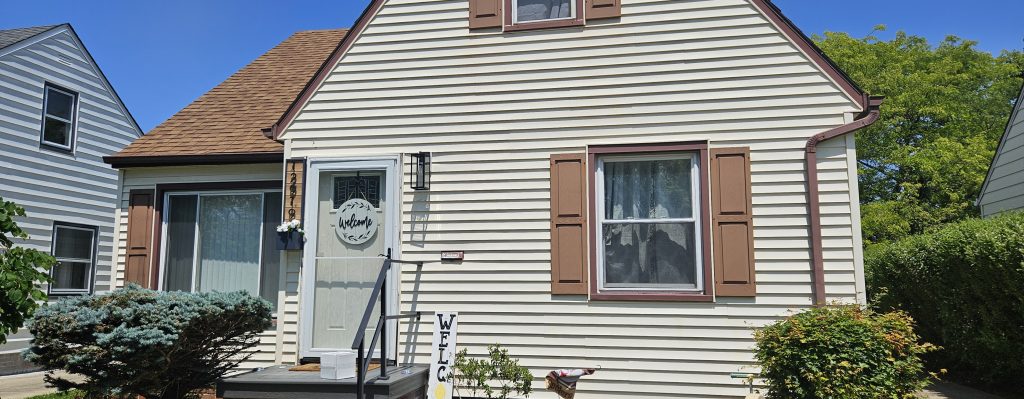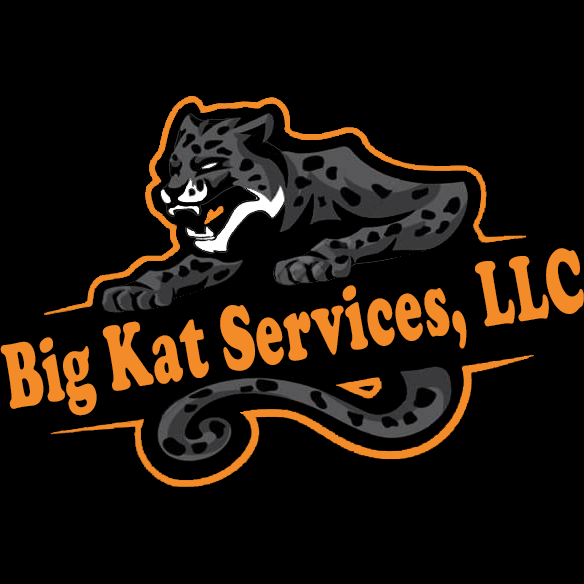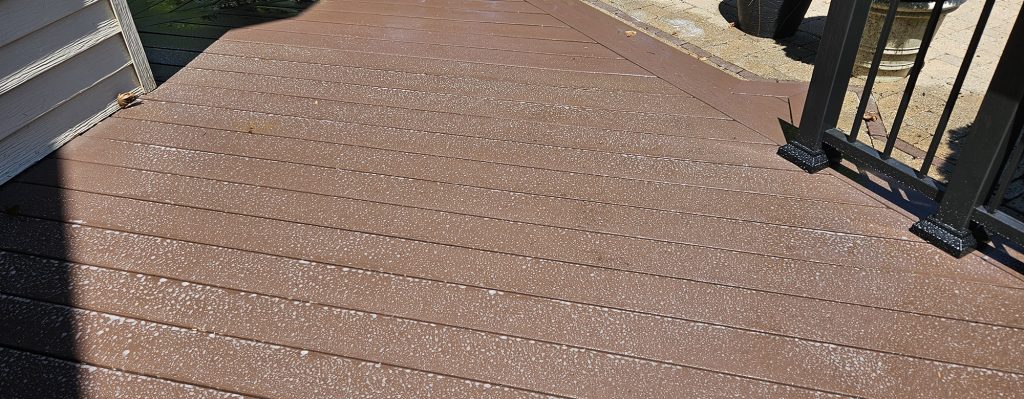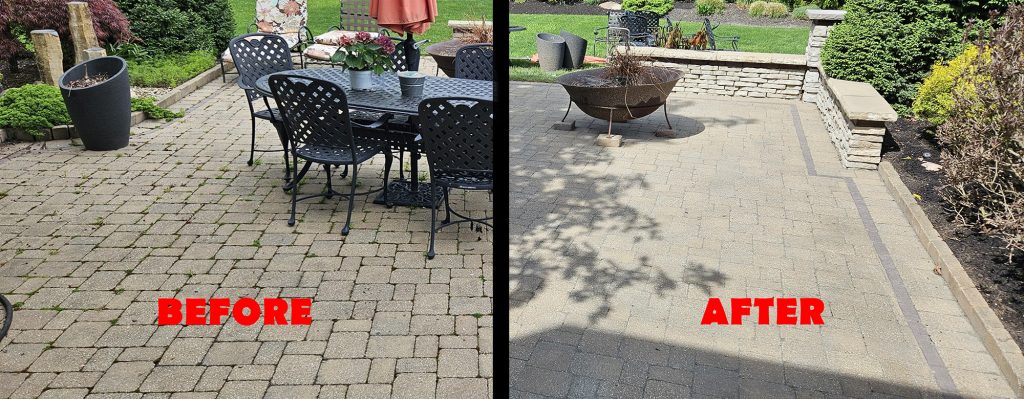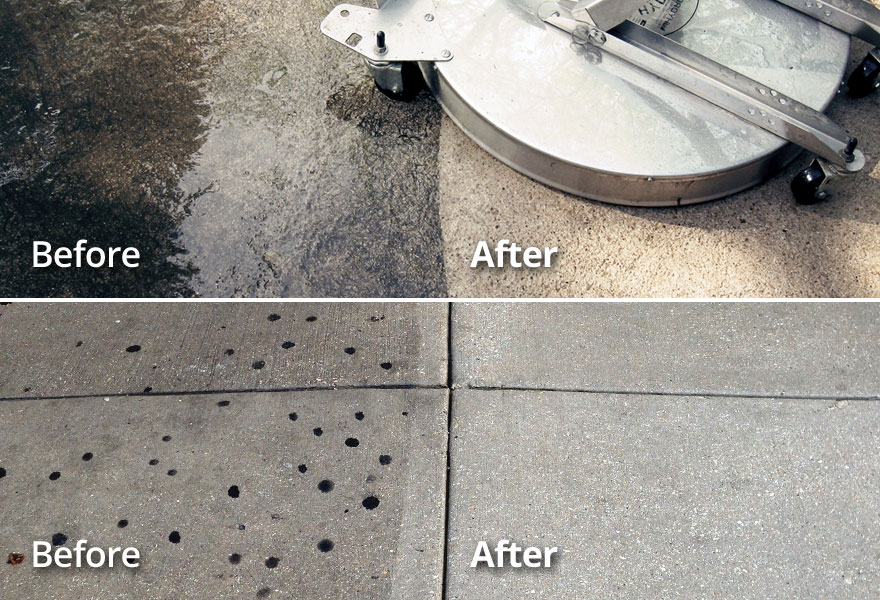Concrete driveways are not just a pathway to your home; they are also a significant investment. To ensure they remain durable and visually appealing, regular cleaning and sealing are essential. In this post, we’ll delve into why it’s crucial to clean and seal concrete driveways and how these simple maintenance tasks can extend their lifespan and enhance their appearance.
Why Clean Concrete Driveways?
- Preservation of Appearance: Over time, concrete driveways accumulate dirt, grime, oil stains, mold, and mildew, detracting from their visual appeal. Regular cleaning prevents these substances from embedding into the concrete’s pores, maintaining a clean and polished surface.
- Prevention of Damage: Dirt and debris on concrete driveways aren’t just unsightly; they can also cause damage. For example, oil stains can penetrate the concrete, leading to deterioration and weakening of the structure. By cleaning regularly, you can prevent such damage and extend the lifespan of your driveway.
- Safety: Mold, mildew, and algae growth on driveways can create slippery surfaces, posing a safety hazard, especially during rainy or icy weather. Proper cleaning removes these hazards, ensuring a safer environment for you, your family, and visitors.
The Importance of Sealing Concrete Driveways
- Protection Against the Elements: Concrete driveways are exposed to harsh weather conditions, including sunlight, rain, snow, and ice. Sealing creates a protective barrier that shields the concrete from these elements, preventing moisture penetration, freeze-thaw damage, and UV degradation.
- Enhanced Durability: Sealing fills in the pores of the concrete, making it less susceptible to water infiltration, cracking, and spalling. By reducing water absorption, sealing helps preserve the structural integrity of the driveway, extending its lifespan and reducing the need for costly repairs.
- Stain Resistance: Sealed concrete is less porous, making it more resistant to oil, grease, and other stains. This makes cleaning spills easier and prevents permanent discoloration, keeping your driveway looking pristine for longer.
Best Practices for Cleaning and Sealing Concrete Driveways
- Regular Maintenance: Schedule periodic cleaning sessions using a pressure washer or specialized concrete cleaners to remove dirt, stains, and contaminants. Aim to clean your driveway at least once a year or more frequently if necessary.
- Proper Sealing Technique: Before sealing, ensure your driveway is thoroughly clean and dry to maximize adhesion. Choose a high-quality concrete sealer appropriate for your climate and follow the manufacturer’s instructions for application.
- Routine Inspections: Regularly inspect your driveway for signs of damage, such as cracks, spalling, or surface deterioration. Promptly repair any issues to prevent further damage and preserve the integrity of the concrete.
Conclusion: Cleaning and sealing your concrete driveway may seem like a simple task, but its benefits are far-reaching. From preserving its appearance and structural integrity to enhancing safety and longevity, these maintenance practices are essential investments in your property’s curb appeal and value. By incorporating regular cleaning and sealing into your driveway maintenance routine, you can enjoy a beautiful, durable, and safe surface for years to come.
